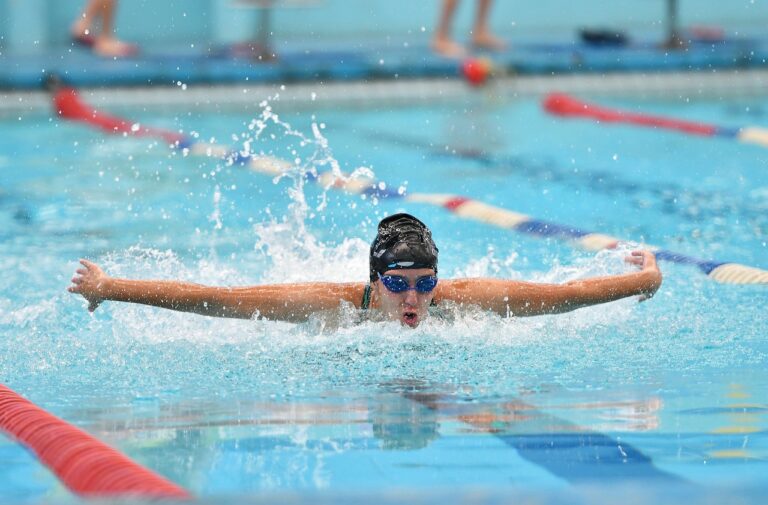Gender Equity in Education: Empowering Girls and Boys to Thrive in School
Girls encounter numerous obstacles in their educational journey, ranging from societal norms dictating traditional gender roles to lack of access to resources and opportunities. These challenges often manifest themselves in the form of gender stereotypes that undermine girls’ confidence and abilities in academic settings. Discriminatory practices and unequal treatment further exacerbate the barriers that girls face in pursuing their education, leading to limited educational attainment and opportunities for personal and professional growth.
Moreover, institutionalized discrimination and biases within educational systems perpetuate a cycle of inequality that hinders girls’ academic performance and overall success. Girls may experience disparities in educational resources, support, and mentorship, creating an environment where their potential is stifled rather than nurtured. Addressing these challenges requires a concerted effort to dismantle existing gender norms and biases, promote gender-sensitive teaching practices, and provide equal opportunities for girls to thrive academically.
Societal Expectations and Stereotypes in the Classroom
Societal expectations often seep into the classroom environment, influencing how students perceive themselves and others. These expectations can manifest in subtle ways, such as teachers unintentionally favoring boys over girls in certain subjects or activities. Additionally, stereotypes about gender roles and abilities can shape the interactions between students, impacting their confidence and engagement in learning.
When girls are continuously exposed to stereotypes that suggest they are less capable than boys in certain subjects like math and science, it can create a self-fulfilling prophecy. They may internalize these beliefs, leading to decreased motivation and performance in those areas. Moreover, the pressure to conform to traditional gender norms can stifle girls’ natural curiosity and ambition, limiting their opportunities for growth and success in the academic realm.
Impact of Gender Bias on Academic Performance
Gender bias in education continues to be a formidable obstacle encountered by many girls within academic settings. These biases can manifest in various forms, such as teachers giving more attention to male students or assuming that girls are less capable in certain subjects. Subtle acts of discrimination, like calling on boys more frequently in class or underestimating the abilities of female students, can have a profound impact on the academic performance of girls.
The effects of gender bias on academic performance extend beyond the classroom and can shape future opportunities for girls. When girls receive lower grades or are discouraged from pursuing certain subjects due to biased perceptions, it can hinder their confidence and limit their options for higher education and career paths. In order to foster a more inclusive and equitable learning environment, it is imperative for educators and policymakers to address and combat gender bias effectively.
Girls may receive less attention from teachers compared to male students
Teachers may assume that girls are less capable in certain subjects
Boys may be called on more frequently in class than girls
Female students’ abilities may be underestimated by educators
The impact of gender bias on academic performance goes beyond just grades and can affect the future opportunities available to girls. Lower grades and discouragement from pursuing certain subjects can limit their confidence and options for higher education and career paths. To create a more inclusive learning environment, it is crucial for educators and policymakers to actively work towards addressing and combating gender bias effectively.
How do societal expectations and stereotypes affect girls in education?
Societal expectations and stereotypes can create pressure on girls to conform to traditional gender roles, limiting their opportunities and self-confidence in the classroom.
What are some challenges faced by girls in education?
Girls may face discrimination, lack of access to resources, unequal treatment, and gender bias which can impact their academic performance.
How does gender bias impact academic performance?
Gender bias can lead to lower self-esteem, reduced participation, and limited opportunities for girls, ultimately affecting their academic performance and overall achievement.







